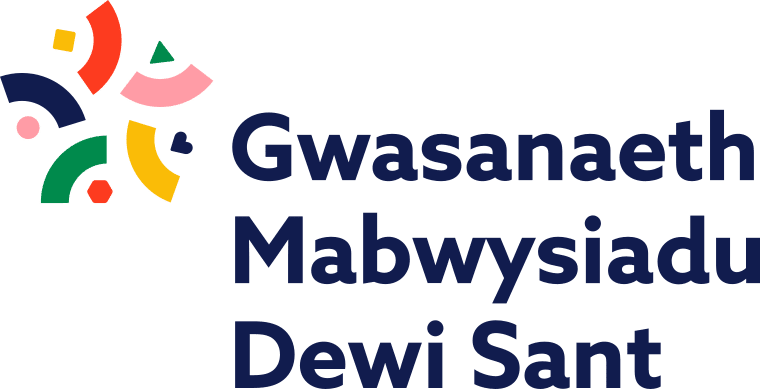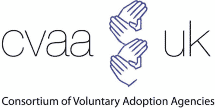2000s: Struggles and Legislative Change
The turn of the 21st century marked a pivotal, yet complex, period for LGBTQ+ adoption rights in the UK. At the start of the 2000s, legal barriers against LGBTQ+ adoption were deeply entrenched in society and the legal framework. The revocation of Section 28 in 2000 in England & Wales, followed by its repeal in Scotland in 2003, was a momentous step forward. Section 28, which prohibited the “promotion” of homosexuality in schools, had reinforced negative stereotypes and discrimination against LGBTQ+ individuals, further complicating their ability to adopt. Repealing this law was seen as a victory for equality, but it did not immediately translate into societal acceptance of LGBTQ+ caregivers.
Simultaneously, the adoption landscape was undergoing significant legal transformations. The Adoption and Children Act 2002 was a critical moment in this journey, yet it also highlighted the fierce resistance to the idea of LGBTQ+ individuals and couples adopting children. Despite the Act’s provisions for adoption reform, many opponents argued that children should only be placed with heterosexual couples. These contentious debates underscored a broader societal reluctance to fully embrace LGBTQ+ adoption. However, after much public discourse, the Act was finally passed and became effective in 2005, allowing unmarried and same-sex couples to adopt jointly for the first time. While this was a significant victory, the process of shifting societal attitudes was far from complete, and opposition continued to persist in various forms.
2010s: A Gradual Shift Toward Acceptance
As the 2010s progressed, LGBTQ+ adoption slowly gained wider acceptance, though barriers remained. The Children and Families Act 2014 further strengthened adoption laws in England and Wales, allowing single individuals, regardless of sexual orientation, to adopt. The increased visibility and advocacy of LGBTQ+ families, especially as society became more progressive, led to a slow but steady shift in public attitudes. By the end of the decade, many adoption agencies, including St. David’s Adoption Service, had seen a notable increase in LGBTQ+ applicants. Yet, the journey was far from straightforward, with some areas of the UK being slower to adapt than others. Moreover, while there was growing acceptance, LGBTQ+ families still faced unique challenges, including prejudice from the public, delays in adoption processes, and a lack of adequate support for LGBTQ+ parents.
Today: Progress, Successes, and Ongoing Challenges
In 2024, the landscape of LGBTQ+ adoption in the UK is undeniably different, with the progress made over the past two decades becoming more evident. Today, adoption statistics reflect a positive shift: 1 in 8 adoptions in Northern Ireland, 1 in 5 in England, and 1 in 4 in Wales are now placed with LGBTQ+ families. These figures represent a significant breakthrough, showcasing the growing acceptance and integration of LGBTQ+ adopters into the adoption system.
At St. David’s Adoption Service, there is a clear and positive trend towards more LGBTQ+ families being supported. Since April 2019, 30% of placements made by the agency have been to LGBTQ+ families, a testament to both the evolving societal attitudes and the service’s commitment to supporting diverse family structures. However, despite these advances, challenges persist. Discrimination, though less overt, remains a concern, and there are ongoing struggles with access to support services tailored specifically for LGBTQ+ parents. In some regions, societal attitudes continue to lag behind legislative progress, which can create an additional layer of complexity for LGBTQ+ adopters.
Moreover, while LGBTQ+ adoption rates have increased, LGBTQ+ adopters still face barriers related to their family structure that heterosexual couples might not experience. These include cultural biases, assumptions about the capacity of LGBTQ+ families to provide stable environments, and the lack of adequate representation in adoption processes and agencies.
The Future: A Commitment to Equality and Continuous Improvement
The progress made in LGBTQ+ adoption rights, while significant, is far from the end of the story. Despite the legislative milestones and societal shifts, there are still many inequalities to address. St. David’s Adoption Service acknowledges that while great strides have been made, much work remains in ensuring true equality for all prospective adopters, regardless of sexual orientation or gender identity. The service remains committed to learning and evolving, continually reflecting on its practices and identifying areas for improvement to better support LGBTQ+ families. This commitment involves a proactive approach to ensuring that every child, regardless of their background, is given the opportunity to grow up in a loving, supportive home.
The future of LGBTQ+ adoption rights is one of continuous progress. As society changes and becomes more inclusive, so too must the adoption system. This means tackling the remaining biases in public opinion, addressing gaps in support services for LGBTQ+ families, and ensuring that all parents have the resources they need to provide stable, loving homes for children. It also means breaking down the remaining stigmas surrounding LGBTQ+ parenting, making sure that every family is valued equally in the eyes of the law and society.
The commitment to achieving true equality for LGBTQ+ families is stronger than ever. With continued dedication from adoption agencies, legal advocates, and LGBTQ+ communities themselves, the future of adoption will be one where all families, no matter their structure, are given the same opportunities to thrive. As society evolves, so too will the narrative surrounding adoption rights for the LGBTQ+ community, with the hope that one day, adoption will be entirely free of discrimination or bias.
Author: Shaun Houcke
#LGBTQAdoption
#AdoptionRights
#EqualityInAdoption
#ProgressInParenting
#LGBTQFamilies
#AdoptionHistory
#StDavidsAdoption
#InclusiveParenting
#LGBTQParenting
#AdoptionEquality






